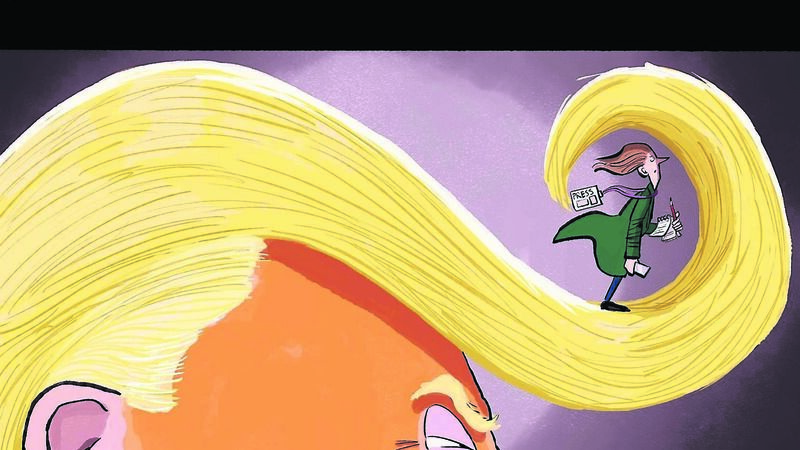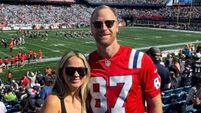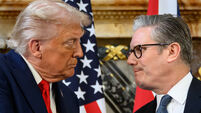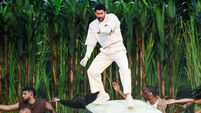Irish Examiner view: A chill wind along the Potomac

Cartoon by Harry Burton
It is appropriate today to remind ourselves that one of the founding stories of the US is about a little boy who couldn’t tell a lie. When George Washington was six, he received a hatchet as a gift and chopped away at a cherry tree at the family farm on the Rappahannock River in Virginia. When challenged by his angry father, he confessed immediately.
It’s the oldest and best-known American fable about the virtues of honesty. Unfortunately for those who believe that truth is an absolute, it is a fabrication. This improving tale was invented after the death of the first president by an early biographer, Mason Locke Weems, who correctly estimated the appetite of citizens for information about the man who led his country to independence.
















